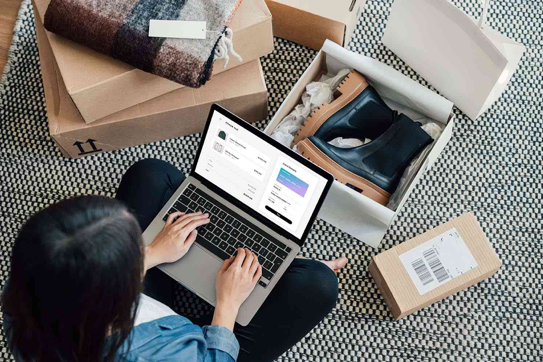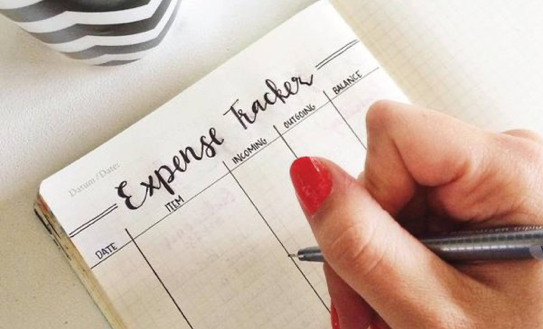Here Is a List of 4 Tips To Control Excessive Shopping
We all love shopping. There is something about buying a new item as small as a scented candle to something as large as a treadmill that makes one happy. It is one of the two major reasons that triggered consumerism. While buying something for yourself, a loved one, or a living space does seem like a normal activity, too much of anything is never good. Uncontrolled and irresponsible shopping is when a person has no control over shopping desires. They do not know when to stop and while researchers continue to argue if it is an additive condition or obsessive-compulsive disorder, one thing remains certain that shopping beyond a certain level can lead to severe financial and emotional damage to the person and their surroundings.
Has it ever happened that you went to buy a dress for a party and got fixated on a pair of clip on earrings or other accessories? It is a feeling that almost all of us have gone through. What happens when you are unable to control the desire to buy it even when you know it is out of your budget or there is no absolute need? This is what is known as an uncontrolled shopping tendency. If you are someone who is constantly maxing out your credit card limit and find yourself under a financial burden, listed below are 4 ways to control your spending habits. We highly recommend consulting a professional if you think you are unable to make any changes to your purchasing patterns.
Before we get into discussing the ways one can adopt, we must understand that shopping beyond needs or basic wants has put people in tremendous debt. It is important to learn more about the condition and not to view it as an act of irresponsible behavior but as a condition where the person may need external help.
1- Make note of all your expenses
When we are in the ‘buying’ zone, we tend to neglect the overall amount that we are spending. We do not keep track of it until it’s too late. This is why we recommend making a note for every expense no matter how small the amount is. Review your expense sheet at the end of every week or month and this will tell you exactly how much you are spending. This also helps you absorb the unnecessary expenses that could have been easily avoided.
2- Minimum 1-day wait period before buying
A technique that seems to pay off is to wait at least 1 day before finally buying anything. Impulse buying is a real issue and generally deals with the buyer not thinking through the actual use of the item before buying. If you like something, we recommend giving it another day and more if possible to see if you like the product. This will give you time to rethink if the item is worth the price and will be of any real use in the long term.
3- Figure out what trigger you to shop
Stress eating is a common issue in the current generation. When we are stressed, we tend to eat more. Similarly, many people, when upset or angry, resort to shopping which gives them happiness but only momentarily. The thrill between shopping online and receiving the product keeps them motivated and happy until the product arrives. It is when they lose interest and move on to other products thus repeating the cycle. It would be helpful to emphasize more on your triggers or emotions that push you toward buying. It is easy to treat a condition when the cause is known.
4- Don’t carry cards when it is not an absolute need
Credit cards and the ease of online shopping have caused more people to become addicted to shopping. One way to handle excessive buying sprees is to either use only cash for transactions or not carry credit or debit cards when there is no absolute need. Carrying cash gives you first-hand information on how much money you have to buy something and without the cards, you cannot purchase above your budget.
Conclusion:
We cannot run away from shopping. It is what fills our basic needs and desires. The problem arises when it becomes an addiction or an act that cannot be controlled. We tend to brush off excessive shopping as negligent behavior when, in some cases, it is more than an act. It is essential to distinguish between what we need and what we are buying to avoid certain feelings like anger, mood swings, or displeasure.


